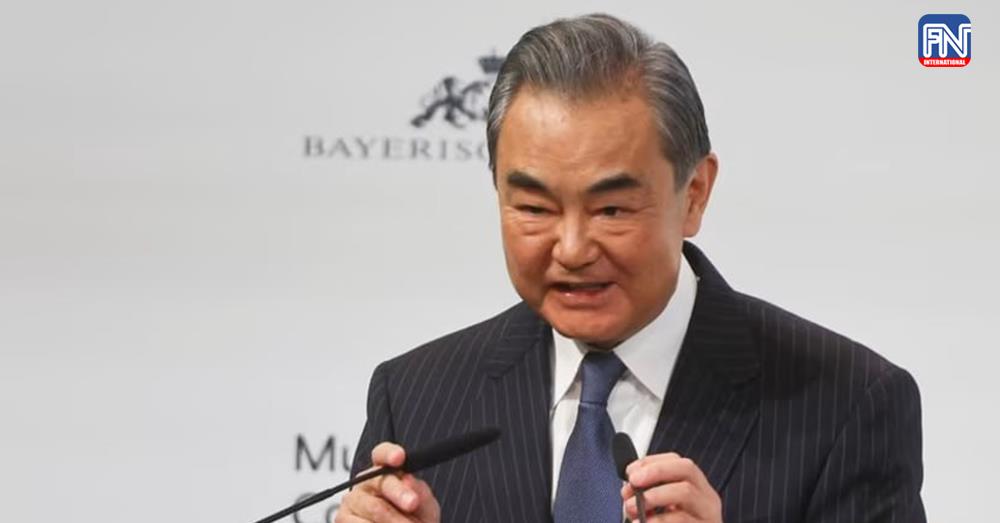BEIJING, July 3 (Reuters) - China, Japan and South Korea need to send a clear signal of regrouping towards co-operation, and resist "the coercion of bullying and domination", China's top diplomat, Wang Yi, said on Monday (Jul 3), in an apparent swipe at the United States.
The remarks come at a time of heightened tension as the United States moves to forge closer ties with allies Japan and South Korea to push back against China's growing regional influence.
Wang was speaking on efforts to revitalise cooperation among the three neighbours at a forum organised by the Trilateral Cooperation Secretariat, a body set up by agreement among Beijing, Seoul and Tokyo.
He called for them to "foster a sense of strategic autonomy, maintain regional unity and stability, resist the return of the Cold War mentality, and be free from the coercion of bullying and domination," the Chinese foreign ministry said.
Although Wang stopped short of mentioning the United States, he said "certain major countries outside the region" had attempted to replace unity with division while seeking geographical gains, the ministry said in a statement.
"If this trend is allowed to develop, it will not only seriously interfere with the smooth progress of trilateral cooperation, but also increase tension and confrontation in the region," Wang added.
Wang emphasised the need to solve disputes through dialogue and consultation, and oppose words or deeds that could plunge the region into war.
At the event in the eastern coastal city of Qingdao, Wang also called for accelerating talks on free trade zones and efforts to free up and smoothen trade among the neighbours.
However, Wang reiterated Beijing's opposition to Japan's plan to release into the sea treated water from Tokyo Electric Power Co's Fukushima nuclear plant, saying it would affect the marine ecosystem and people's safety.
South Korean Foreign Minister Park Jin and Japanese Foreign Minister Hayashi Yoshimasa addressed the event via video link.
